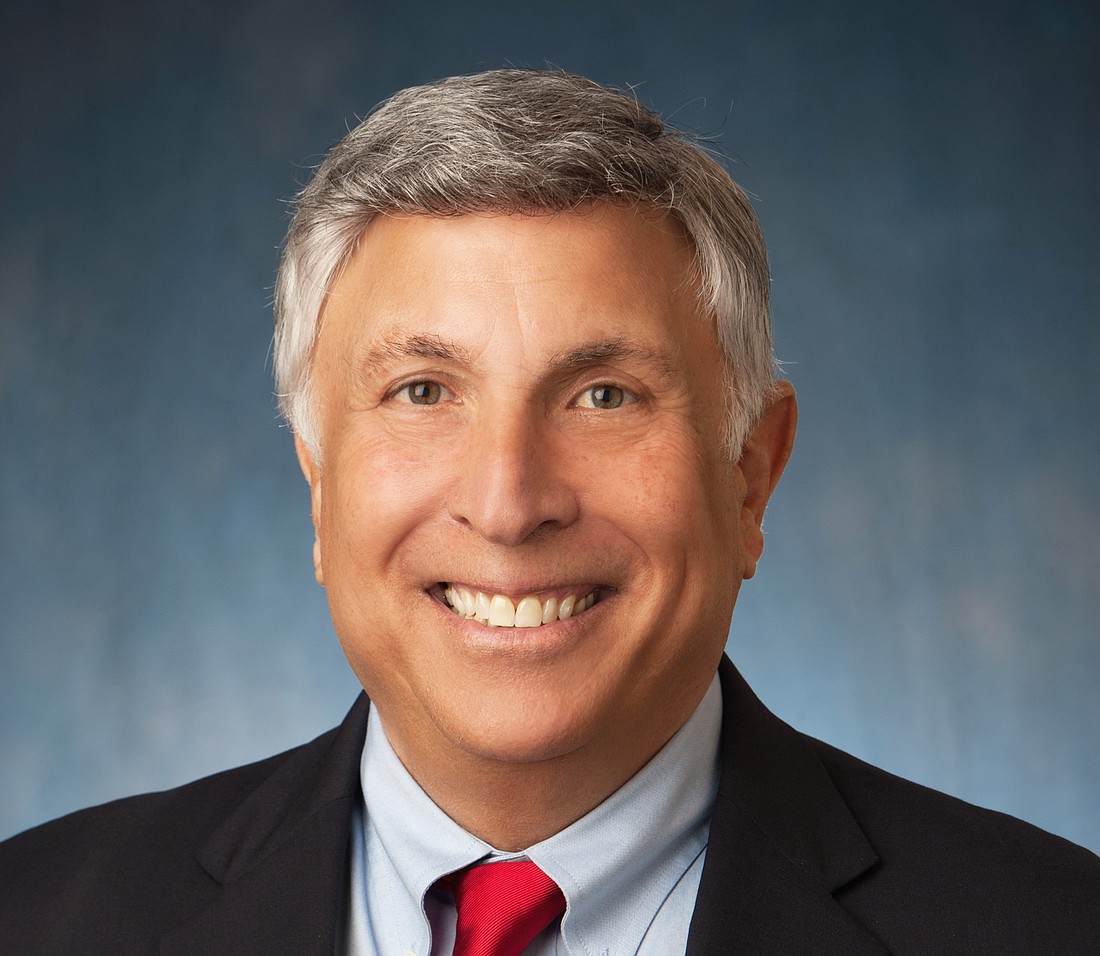
Jacksonville City Council President Tommy Hazouri filed legislation Feb. 3 that would borrow $100 million to remove aging septic tanks and connect underserved Duval County neighborhoods to sanitary sewer systems.
Hazouri’s announcement comes as District 10 Council member Brenda Priestly Jackson said in a Feb. 3 text message that she is working with Mayor Lenny Curry’s office to find funding to complete the underfunded septic tank phaseout program approved in 2016.
In a news release Feb. 9, Hazouri said his proposal is in addition to Curry’s effort to complete septic tank removal in the Biltmore, Beverly Hills and Christobel neighborhoods.
Hazouri announced his $100 million plan to Council before adjourning the Feb. 9 meeting.
The Council president said the city Department of Public Works has a list of 35 areas in Duval County that the program will target.
A request to Hazouri’s office for a list of the targeted areas was not fulfilled as of early Feb. 10.
Hazouri said the plan is needed to mitigate contaminated runoff from aging tanks that can flow into St. Johns River tributaries and groundwater systems during rain events.
“It is time to do more than just acknowledge that discrepancies exist,” Hazouri said in the news release.
The city estimated in 2016 that 65,000 septic tanks needed to be replaced in Jacksonville, many of which predate consolidation in 1968.
Hazouri told Council he wants to create long-term and sustainable funding for an issue he expects to continue into future Council terms and mayoral administrations.
Hazouri acknowledged $100 million likely will not be enough to fix the countywide problem.
“It is time that we stand and deliver and fill the unfulfilled promises of yesterday. These neighborhoods are vital for the well-being of Jacksonville,” Hazouri said in the news release.
“For too long, we have not provided the assistance that is so desperately needed,” he said. “The time to act is now, our responsibility is to protect the health, safety, and welfare of each citizen. We can no longer delay - or avoid - making the investments in our neighborhoods that have been left behind or left out.”
Hazouri’s bill, Ordinance 2021-0100, would use fixed-rate debt and the city’s commercial paper program — short-term liquidity loan option — to finance the septic tank phaseout.
It amends the city’s 2020-21 fiscal year budget and five-year capital improvement plan. Changing the budget midyear will require at least 13 of the 19 Council members to vote in favor for it to pass.
2016 commitment
Priestly Jackson said Feb. 3 she is focused on the incomplete septic tank phaseout in the Christobel neighborhood and expects an announcement soon from the Curry administration about additional funding.
JEA CEO Jay Stowe told the utility’s board of directors Jan. 28 that the program to bring city sewer service to the Biltmore, Beverly Hills and Christobel neighborhoods is over budget.
Information provided by the utility shows the program is about $31.8 million short.
JEA has $54,161,094 in dedicated septic tank phaseout funding, utility Media Relations Coordinator Simone Garvey-Ewan said in an email.
Utility officials said design and construction in the Christobel neighborhood have not started and will cost $25.8 million. The Beverly Hills East project is in the design phase, but estimates show JEA is $6 million short.
Garvey-Ewan said the Biltmore C and Beverly Hills projects are under construction and Beverly Hills West will begin in March. Both are fully funded.
City Council matched JEA’s $15 million commitment to fund the septic tank phaseout in August 2016 that at the time included 1,150 lots. There are now 1,589 lots in JEA’s septic tank phaseout area.
Higher priority was given to neighborhoods where remediation would benefit water quality in the river’s 25 tributaries or those areas deemed to have the greatest need by the Duval County Health Department.
JEA allocated an additional $1.65 million annually since the bill was approved. JEA and the city amended the interagency agreement in February 2019 that added $15.155 million to JEA’s total contribution.
The utility also paid about $1 million in fees and other costs for the project.
Stowe said Jan. 28 there isn’t a clear answer to why JEA’s cost estimate was low but he has asked utility officials to coordinate with the city Department of Public works and return with a plan to complete the project.